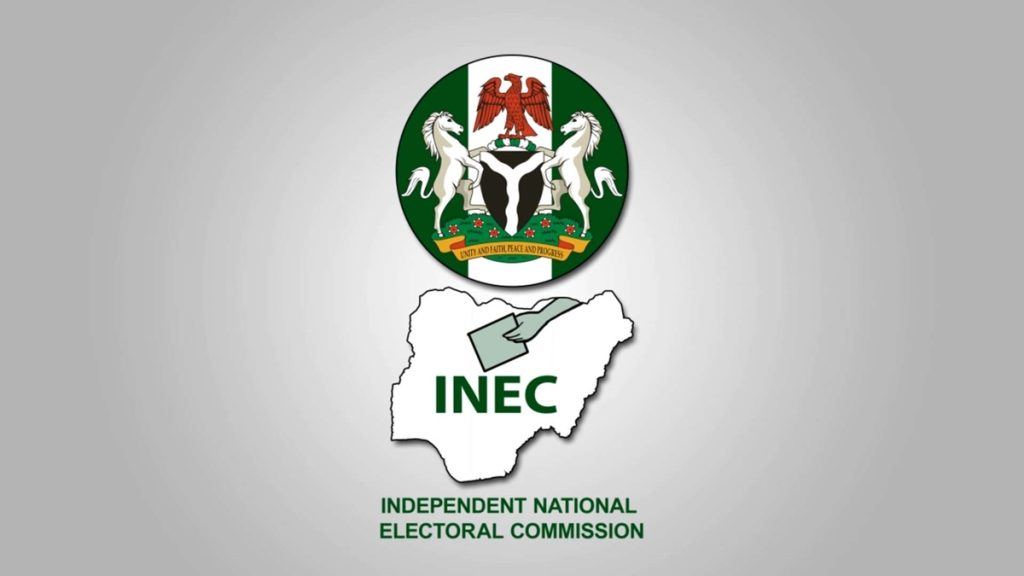The Independent National Electoral Commission (INEC), the All Progressives Congress (APC), and the Peoples Democratic Party (PDP) will bring 290 witnesses to support their positions at the current Edo State governorship election petition tribunal.
APC candidate Monday Okpebholo was declared the winner of the September 21 governorship election. Asue Ighodalo, the PDP’s nominee, had petitioned the tribunal to declare the results illegal.
The parties agreed to call 290 witnesses, according to information released by Justice Wilfred Kpochi, the tribunal’s chairman, on Saturday.
The petitioners were to summon their witnesses within 21 days or less, while the respondents would have 10 days apiece to do so, according to Justice Kpochi, who postponed the hearing to January 13, 2025.
He stated that, except on Sundays and other legally mandated public holidays, the tribunal would meet every day at 10 a.m.
The chairman of the panel also revealed that the schedule for witness questioning and cross-examination, as well as the format of the hearing, had been finalised.
“The parties have agreed to call a total of 290 witnesses,” Justice Kpochi stated as he read the pre-hearing report that was adopted. The report details the witness examination schedule, which includes 40 minutes for each star witness’s examination-in-chief, 30 minutes for the petitioners’ cross-examination, and 20 minutes for each respondent’s cross-examination.

According to the tribunal chairman, the parties also agreed to provide each star witness 10 minutes for re-examination and other regular witnesses 25 minutes for examination-in-chief.
According to Justice Kpochi, since there was no application for the petition and no amendments will be considered, it cannot be combined with any other petition.
According to the chairman of the tribunal, the parties decided to only summon witnesses whose oaths had been front-loaded, and they may call subpoenaed witnesses if needed.
He said that certain witnesses would be able to translate from English to any native language, such as dialects of Auchi, Esan, or Benin, and vice versa.


